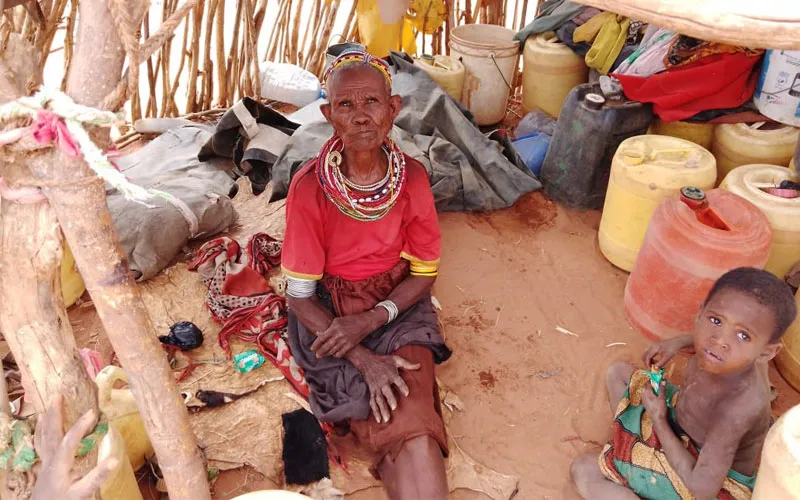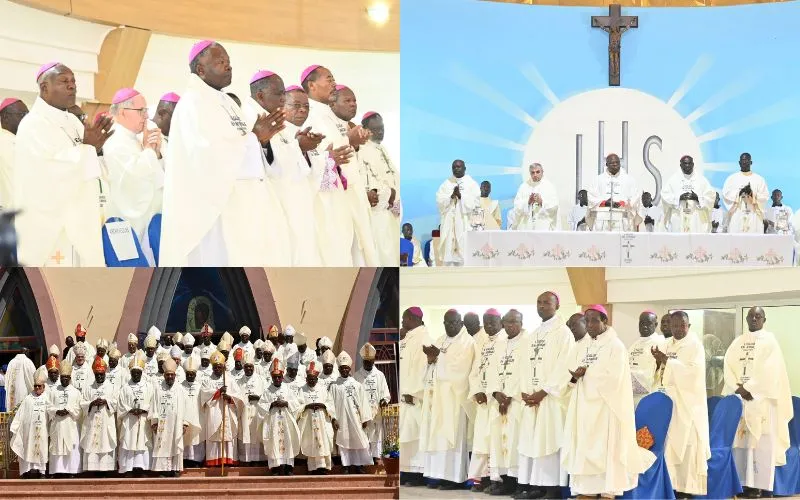Marsabit, 01 November, 2021 / 9:30 pm (ACI Africa).
The people of God in Kenya’s Marsabit Diocese are in urgent need of food and water following a protracted drought in the area covered by the Catholic Diocese, the Executive Director of Caritas Marsabit (CM) has told ACI Africa in an interview.
In the Monday, November 1 interview, Isacko Jirma Molu appealed for aid to alleviate the people's suffering saying the situation might get worse if the already delayed October-December rains fail.
“The situation on the ground is dire. Almost half of the population is in dire need of food and water,” Mr. Molu said, adding that the people who are experiencing "very acute water stress" have to depend on water trucking, particularly from what trucks deliver.
Children in Marsabit are facing malnourishment while adults save the little food they get for children and go for days without a meal, the Caritas official, said and added, "Even camels have started dying. For a camel to die, it means the situation is dire. That is one indicator to explain the reality of the drought."
He went on to describes the ongoing drought as "a real-life threatening emergency" and called for concerted efforts "to save lives urgently" in Marsabit County, which is home to some 450,000 people.








